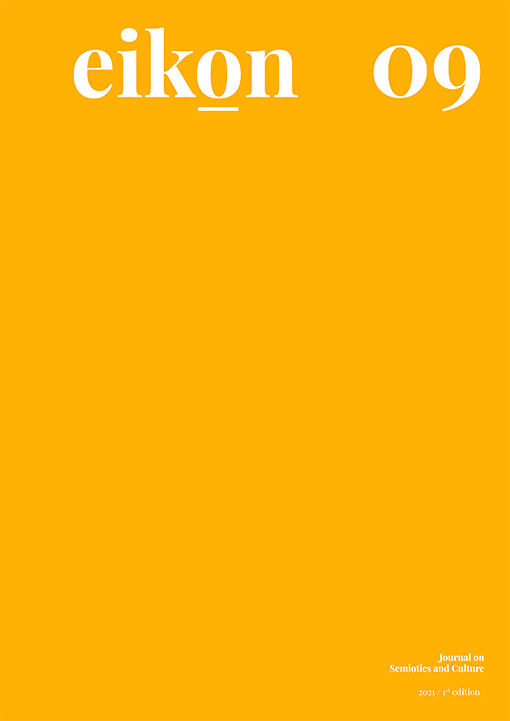The manifestation of Nietzschean authenticity in surrealist art through Pipilotti Rist
Keywords:
Authenticity, Nietzsche, Videoart, Surrealism, Pipilotti RistAbstract
The philosopher Friedrich Nietzsche (1844-1900) proposed that superficiality resides in human consciousness. Therefore, in the sphere of the incommunicable, that is, the unconscious, is the authenticity and uniqueness of each individual. Surrealism, an artistic movement from the beginning of the 20th century, reacted to the rationalism of the time, paying attention to the role of the unconscious in artistic expressions. Based on the concept of Nietzschean authenticity and surrealism in art, this research intends to make a connection between the two concepts through the analysis of the works of Pipilotti Rist, a Swiss visual artist who uses intimate and surreal elements to compose her videoarts and video-installations, often using self-portraits and showing a concern for the female body.
References
BRETON, A. (1924). Primeiro Manifesto Surrealista. Disponível em: http://www.ufscar.br/~cec/arquivos/referencias/Manifesto%20do%20Surrealismo%20%20Andr%20Breton.htm. Acesso em: 12/06/2020.
NIETZSCHE, F. A gaia ciência. Trad. Paulo C. SOUZA. São Paulo: Companhia das Letras, 2001.
_________, F. A vontade de poder. Trad. Marcos S. P. FERNANDES, Francisco J. D. MORAIS. Rio de Janeiro: Contraponto, 2011.
Downloads
Published
Issue
Section
License
Authors who publish with this journal agree to the following terms:
- Authors retain copyright and grant the journal right of first publication with the work simultaneously licensed under a Creative Commons Attribution License that allows others to share the work with an acknowledgement of the work's authorship and initial publication in this journal.
- Authors are able to enter into separate, additional contractual arrangements for the non-exclusive distribution of the journal's published version of the work (e.g., post it to an institutional repository or publish it in a book), with an acknowledgement of its initial publication in this journal.
- Authors are permitted and encouraged to post their work online (e.g., in institutional repositories or on their website) prior to and during the submission process, as it can lead to productive exchanges, as well as earlier and greater citation of published work (See The Effect of Open Access).

